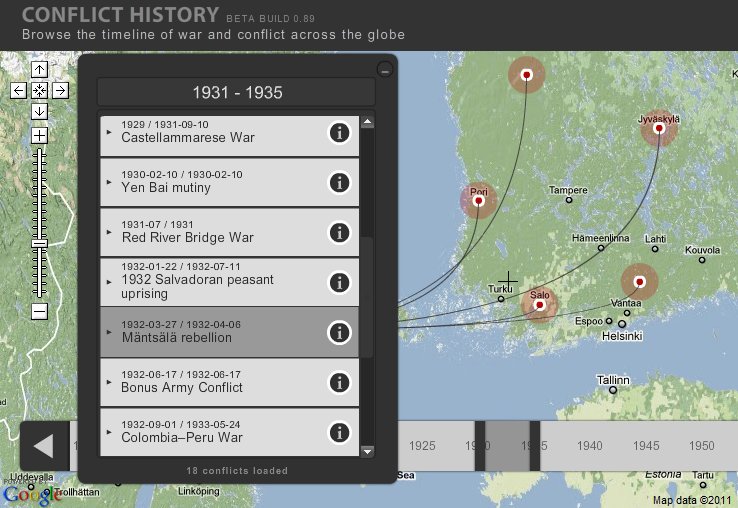Apparently, the navy’s purchase of used British submarines has still not been completed: the boats are in our hands, but they’re still unarmed:
The country’s stock of second-hand submarines — already beleaguered with repairs and upgrades — is incapable of firing the MK-48 torpedoes they currently own.
When Canada purchased its current fleet of four submarines from Britain in 1998, they were fitted for British torpedoes. At the time, Canada was heavily invested with the modern MK-48 torpedo system and did not want to abandon it.
Like any shopper trying to justify a second-hand purchase in the face of an obstacle, they figured it was still a good deal. They “Canadianized” the submarines, but, 13 year later, they still haven’t got around to the “weaponization” part.
“The Canadian Forces has always intended for the Victoria Class submarines to carry and fire the Mark 48 torpedo,” wrote Denise LaViolette, the director of navy public affairs, in an email. “Initial weapons certification will be progressed early in 2012 in HMCS Victoria for Pacific operations followed that year by HMCS Windsor for Atlantic operations.”
I noted the lack of torpedo armament on the Canadian sub fleet back in 2004. I had no clue that they’d still be unarmed in 2011!
Later that same year, I said:
As I’ve said in other posts, I’m not a former Navy person, so my knowledge of the situation is neither broad nor deep. I’m moderately well-read on naval mattters, but that’s the limit. On that basis, I thought the purchase of the Upholder subs was a brilliant solution for both the Canadian and Royal Navies: we got a heck of a deal and they got the subs off their inventory. It really did look like a win-win, and both sides thought they’d gotten the better of the bargain.
In the long run, this may still turn out to be true. I certainly hope so.
As several others have noted, until we find out exactly what happened on HMCS Chicoutimi, we can’t make any determination about whether the subs are going to be safe and effective vessels for our navy. And, as Bruce R. pointed out the other day, if we want to retain any claims of sovereignty over the coastal waters of this huge country, we need those subs in the water now.
Well, the subs have been in the water for several years, but without torpedoes, they’re not fully functional.
Update, 12 April: Strategy Page has a useful summary of the history of the Upholder/Victoria class submarines:
It all began in the 1990s, when Canada wanted to replace its 1960s era diesel-electric subs. This did not seem possible, because the cost of new boats would have been about half a billion dollars each. Britain, however, had four slightly used Upholder class diesel-electric subs that it was willing to part with for $188 million each. Britain had built these boats in the late 1980s, put them in service between 1990 and 1993, but then mothballed them shortly thereafter when it decided to go with an all-nuclear submarine fleet.
So the deal was made in 1998, with delivery of the Upholders to begin in 2000. Canada decommissioned its Oberons in 2000, then discovered that the British boats needed more work (fixing flaws, installing Canadian equipment) than anticipated. It wasn’t until 2004 that the subs were ready, and that one year one of them was damaged by fire, while at sea. This boat is to be back in service next year. By the end of this year, three boats should be back in service. Maybe.
[. . .]
The problem is that the subs were bought without a through enough examination. It was later found that most major systems had problems and defects that had to be fixed (at considerable expense). Thus these boats have spent most of their time, during the last decade, undergoing repairs or upgrades. The final fix will be to get the torpedo tubes working. In any event, a Canadian [submarine] has never fired a torpedo in combat, mainly because the Canadian Navy did not get subs until the 1960s. Lots of Canadian surface ships have fired torpedoes in combat, but the last time that happened was in 1945. The sole operational Victoria class boat is on patrol in the Pacific, listening for trouble which, if found, will be reported to the proper authorities.




